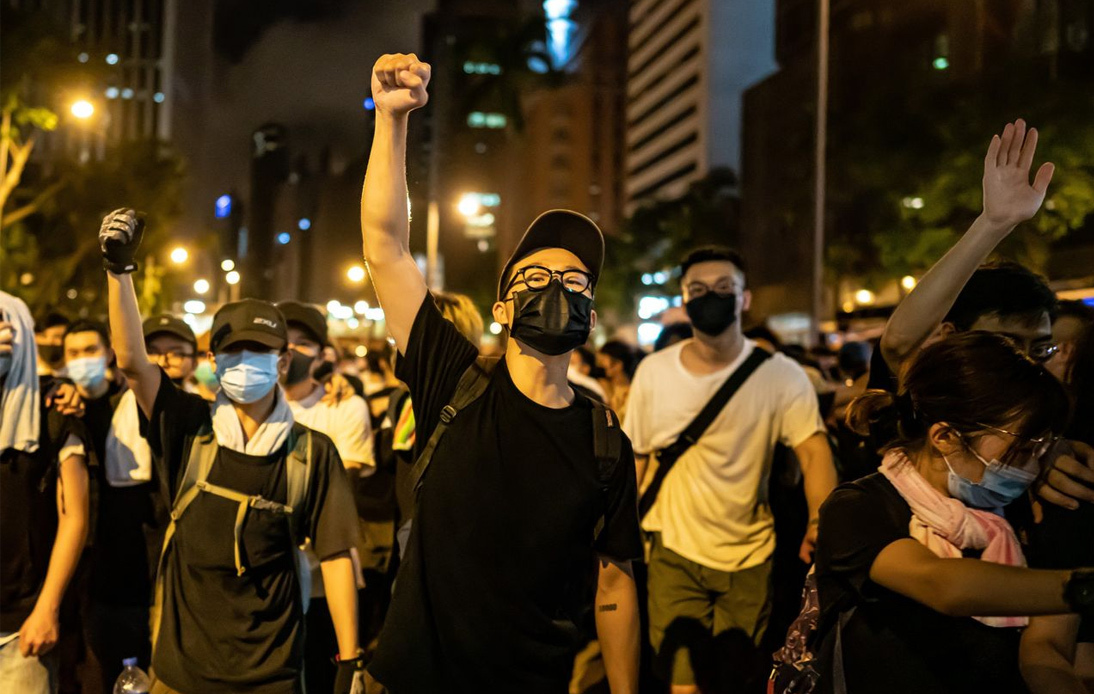
Hong Kong actor Gregory Wong and a group of 11 individuals were jailed for their involvement in the storming of the city’s legislative building amid protests in 2019.
Gregory Wong received a sentence of just over six years, marking one of the more severe penalties issued by the district court on that Saturday.
Among those sentenced to prison for their participation in the pro-democracy demonstration were activists Ventus Lau and Owen Chow.
Simultaneously, two journalists were fined for unlawfully entering the Legislative Council chamber during the incident.
The majority of those charged were convicted of rioting.
This event took place in July 2019, becoming a pivotal episode in the series of pro-democracy demonstrations triggered by a contentious bill that facilitated extraditions to mainland China.
During the incident, hundreds of demonstrators entered the building, spray-painting messages and supplying occupiers with essentials.
The intrusion caused significant damage, including the destruction of portraits of political figures and the vandalization of furniture.
Judge Li Chi-ho remarked on Saturday that the break-in resulted in not only physical harm but also enduring social repercussions.
“Apart from the actual damage to the building, it had a symbolic meaning… [which was] challenging the Hong Kong government and even weakening its governance,” Mr. Li said, according to AFP.
Following these protests, a stringent national security law was enacted, criminalizing a broader spectrum of opposition activities and diminishing the city’s independence. This law permits Chinese jurisdiction over certain national security cases in Hong Kong.
The imposition of this law by Beijing and the local government is defended as a measure to ensure stability, despite criticisms of eroding the city’s self-governance.
It is estimated that the legislation introduced in 2020 has led to the arrest of over 100 individuals.
Following its return from British to Chinese sovereignty in 1997, Hong Kong was supposed to operate under the “one country, two systems” principle.
Critics claim the Chinese Communist Party has breached this agreement, compromising the city’s extensive autonomy and its distinct economic and social frameworks.




















